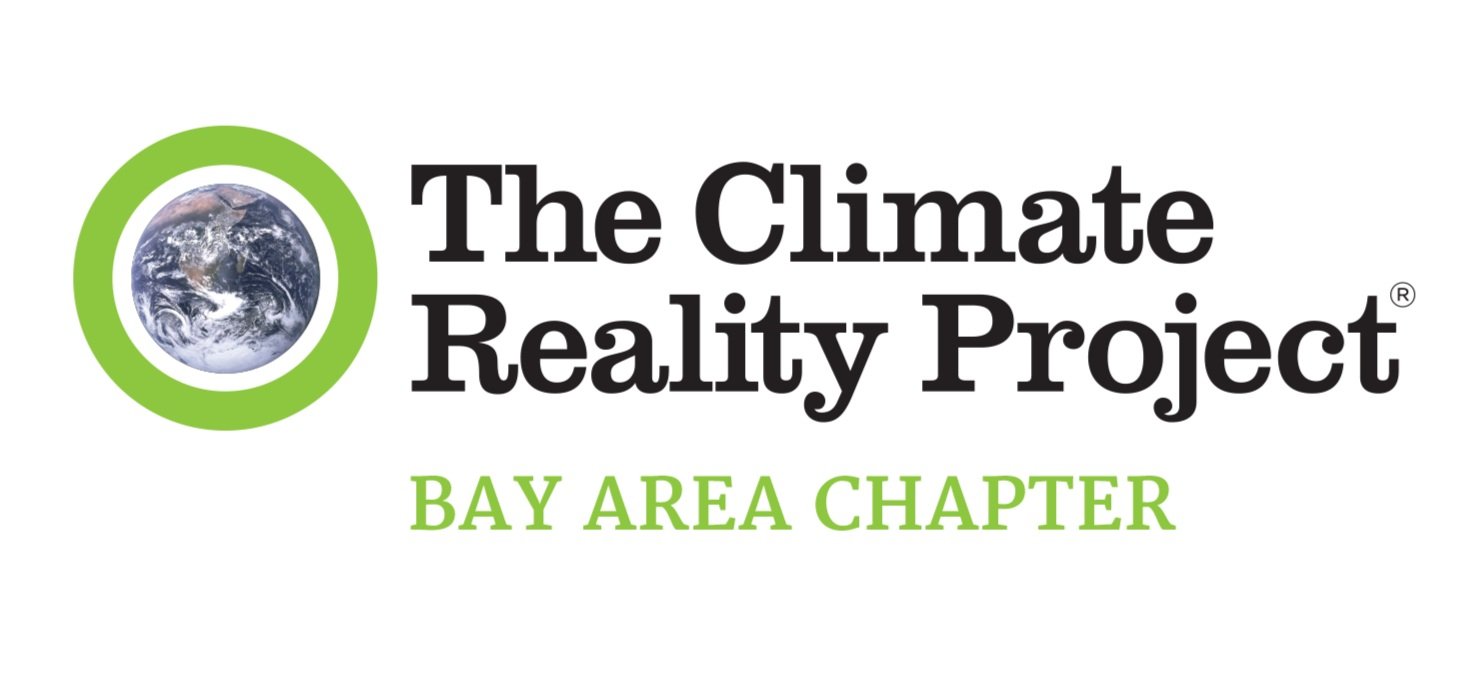“Everyday Climate Champions” Podcast Episode 16: Indigenous-Led Climate Justice
Written by Keith Nickolaus
Learn more about Climate Reality Bay Area’s podcast, Everyday Climate Champions here.
“Not leveraging Indigenous ingenuity, I think, is just a giant missed opportunity for our collective effort to mitigate climate change.” — Shaandin Cedar
Listen to Episode 16: here
Transcript: here
Guest: Shaandiin Cedar, tribal member of the Navajo Nation and advocate for indigenous-led climate action.
Host: Dalya Massachi
Summary:
In this episode, we begin to explore the impact of the climate crisis on Native peoples with Navajo tribal member Shaandiin Cedar. In addition to delving into the intricacies of climate justice, today’s guest reveals why Indigenous wisdom can help all of us address our climate crisis. As we struggle to recognize all forms of climate injustice and mitigate future harms, how can we honor and center the experiences and wisdom of Indigenous peoples? And how can non-Native people support them during our shared climate crisis?
Why This Matters:
In addition to the disproportionate impacts Native peoples have suffered from decades of energy and mineral extractions on their lands, many tribal communities now also face staggering threats due to climate change.
By centering Indigenous wisdom in our climate struggle, we can uncover tested, wise practices that offer effective models and solutions for mitigating climate change and other future environmental harms.
Indigenous wisdom could help everyone change our cultural and ideological mindset, as well as teach us how to be more responsible stewards of the earth for the benefit of future generations.
Key Takeaways:
Shaandiin recalls the devastating impacts that coal and uranium mining have had on the Navajo reservation of her childhood, memories that strengthen Shaandiin’s resolve as a climate activist today.
While acknowledging that economic benefits of extractive industries sometimes flowed directly to tribal communities, Shaandiin laments the immense social, cultural, and environmental costs that tribal communities have suffered in return.
As an adult, Shaandiin’s work at the International Center for Appropriate and Sustainable Technology, where she worked on initiatives to help electrify low-income households, further shaped her interest in sustainable design, climate solutions, and social equity.
Right now in Alaska, Native coastal communities are having to relocate their homes and their traditional fishing and hunting grounds because of climate change, providing a vivid example of climate injustice.
One step toward a measure of climate justice success would be more instances where funding, infrastructure, and community resources are proportionally invested in under-resourced communities, ones typically with smaller carbon footprints but often suffering outsized climate impacts.
Because a deep respect for the earth is central to their values and traditions, Indigenous peoples today are living protectors of 80% of the world's remaining biodiversity.
21% of land on earth remains ecologically intact due to the conservation practices of Indigenous people and local communities. And that's more than all of the Earth's national parks and forests, a fact that highlights why Indigenous representatives are critical in helping shape climate policies.
When it comes to land management, biodiversity, and protecting major carbon sinks around the world, Indigenous wisdom – too often overlooked – offers proven, localized climate solutions with far-reaching implications.
One example of an effective, climate-friendly Indigenous practice is regenerative agriculture, an ancient concept that Indigenous peoples have been deploying for thousands of years to maintain healthy soils.
How to Take Action:
With the help of the Native Land online mapping tool, you can learn about the local tribes where you live, connect with them, and see how to support them.
A great way to help the planet and support tribal households is by supporting the Grid Alternatives Tribal Program or similar initiatives that promote social equity along with environmental sustainability.
Research the environmental justice initiatives in your local area, and ask how to get involved.
Related Websites:
UNEP-WCMC and ICCA Consortium 2021 Territories of Life report: Estimated extent of territories and areas conserved by Indigenous peoples and local communities: https://report.territoriesoflife.org/global-analysis/
Article on indigenous protection of 80% of the world's biodiversity: https://www.conservation.org/blog/3-ways-indigenous-knowledge-protects-nature
Grid Alternatives Tribal Program: https://gridalternatives.org/what-we-do/tribal-program
Native Land App and Database: https://native-land.ca/
Similar programs elsewhere: Navajo & Hopi Nations in Arizona: https://www.nativerenewables.org/; Amazonian villages: https://amazonfrontlines.org/work/building-solutions/solar-program/
UN discussion: Native American perspectives on climate justice: https://www.youtube.com/watch?v=UimhDh1FjCs
Powerhouse Ventures: https://www.powerhouse.fund/ventures
Please share this podcast with a few friends, family, or colleagues!
Remember to FOLLOW this podcast to find out when new episodes get released.
Contact Us: Do you know a Bay Area-based Everyday Climate Champion? We’d love to interview them!
Get in touch: crba.eccpodcast@gmail.com
Website: https://www.climaterealitybayarea.org/eccpodcast
The Climate Reality Project Bay Area Chapter catalyzes local solutions to the climate crisis in every corner of the San Francisco Bay Area. We work together to spark urgent action and rapid adoption of solutions to the climate crisis. As Climate Reality founder and Former U.S. Vice President Al Gore says, “Solving the climate crisis is within our grasp, but we need people like you to stand up and act.”
Podcast Production Team: Executive Producer/Editor: Dalya Massachi; Sound Designer/Engineer: Martin Sanchez; Co-Hosts/Researchers: Ellisa Feinstein, Isabella Genereaux, Sean Mendelson, Hasini Parepalli; Logo Designer: Gabriela Vargas
Keywords:
#climatejustice, #indigenousrights, #renewablenergy, #solarenergy, #climatecrisis, #climateaction, #EverydayClimateChampions
CRBA chapter blog Climate Reality Project | Bay Area Chapter
